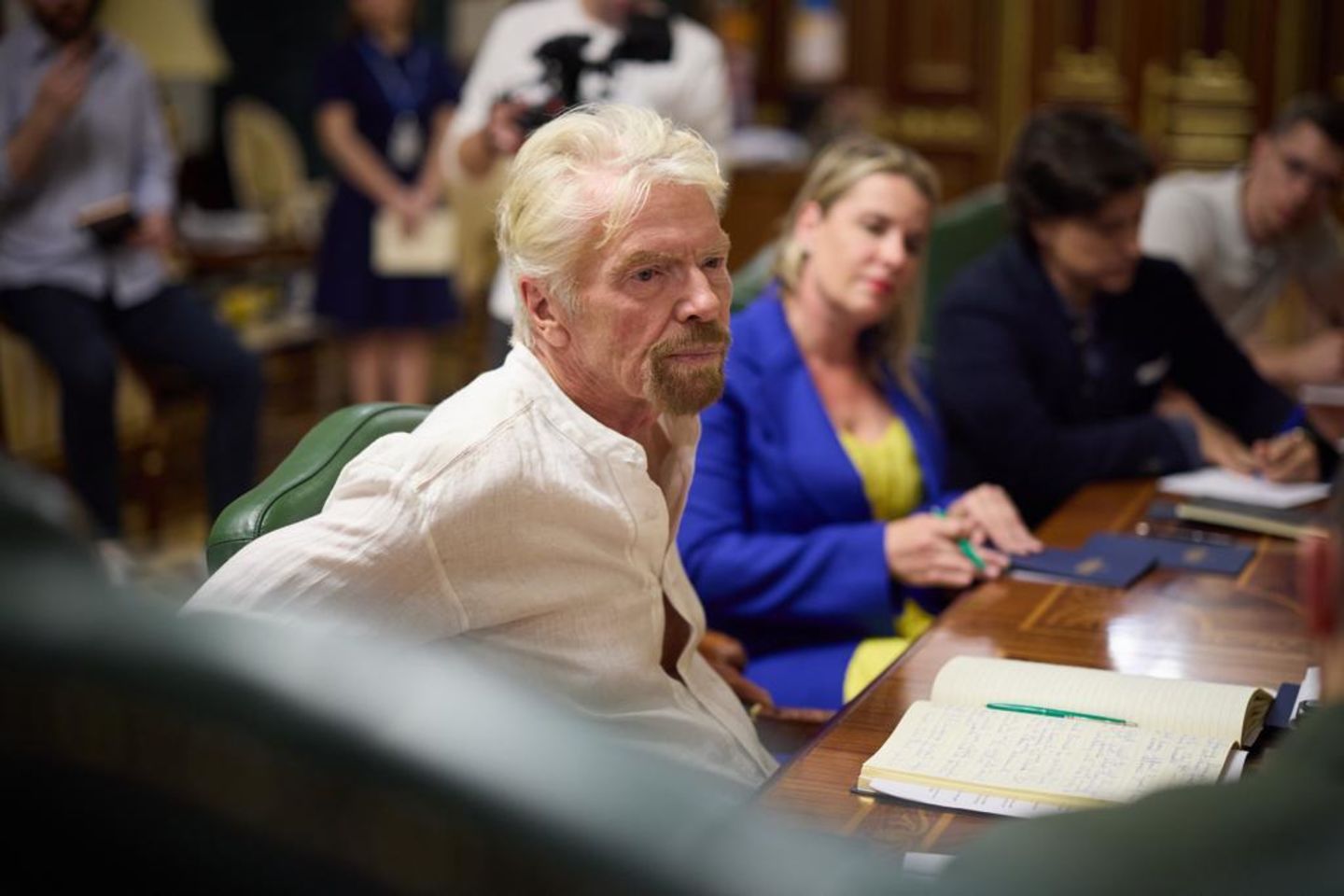Supporting refugees
World Refugee Day is a reminder of the plight of the nearly 120 million people worldwide that are forcibly displaced as a result of persecution, conflict, violence, human rights violations, or other serious events, according to UNHCR – The UN Refugee Agency.
What it shouldn’t be is a one-off commemoration of the misery and suffering that is forgotten tomorrow. This suffering is a day-to-day reality for refugees and those displaced within their own countries. And as global crises abound, fuelled by runaway climate change, rising authoritarianism, armed conflict, or all of the above, what is already the worst refugee crisis in human history is likely to worsen in the years to come.
Just this week, I saw the latest numbers from Sudan, a country that is being rapidly devastated by the ongoing conflict between Sudanese Armed Forces (SAF) and the paramilitary Rapid Support Forces (RSF). According to UNHCR’s latest estimate, staggering 9.3 million Sudanese have now been forcibly displaced, nearly 20 percent of the country’s population. And nearly 2 million of those have fled to neighboring countries like Chad, the Central African Republic, or Ethiopia – all nations facing internal instability and conflict of their own.
As wealthy Western countries are embroiled in vivid debates around migration and immigration, the role of countries neighboring conflict zones is frequently overlooked. From Poland to Bangladesh, Colombia, Pakistan, or Türkiye, these nations are naturally on the receiving end of large numbers of refugees, and many have been in this position for years, if not decades. It is worth noting that of the world’s 37.6 million refugees, almost 40 percent are hosted in just five countries. Low-and-middle-income countries now host three-quarters of the world’s refugees and other people in need of international protection. The world’s least developed countries provided asylum to 21 per cent of the total.
Another astonishing fact is an estimated 47 million forcibly displaced people (40 percent of the total) are children under 18 years of age. In fact, between 2018 and 2023, an average of 339,000 children were born as refugees every year.
While the root causes of the global refugee crisis are understandably complex and vary from country to country, it should go without saying that those organisations trying to help refugees deserve every bit of support they can get so they can provide not only urgent humanitarian assistance, but also the kinds of essential services that allow refugees and internally displaced people to rebuild their lives.
Business has a critical role to play, as advocates for openness and tolerance, but also by training, recruiting, and mentoring refugees or working with/sourcing from refugee entrepreneurs. For several years, Virgin has been a proud member of the Tent Partnership for Refugees, which assists its member companies in doing just that. In a world of escalating conflicts, the next refugee crisis is never far away. Giving a voice and a hand to those that are most vulnerable is the human thing to do, on this refugee day as well as on any other day.
To learn more about ways to help, head over to these brilliant organisations:
UNHCR – The UN Refugee Agency
The International Rescue Committee (IRC)
The TENT Partnership for Refugees,
TERN The Entrepreneurial Refugee Network (UK),
Breaking Barriers (UK)





